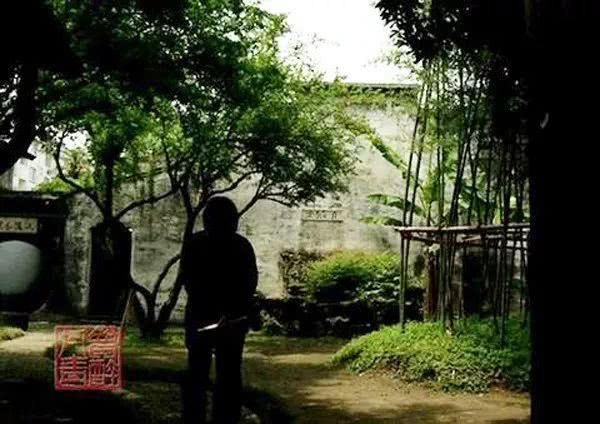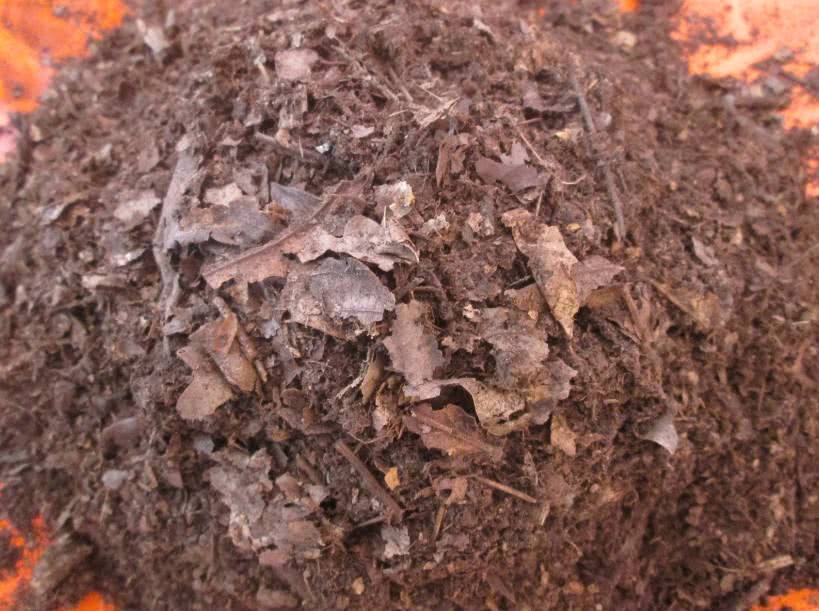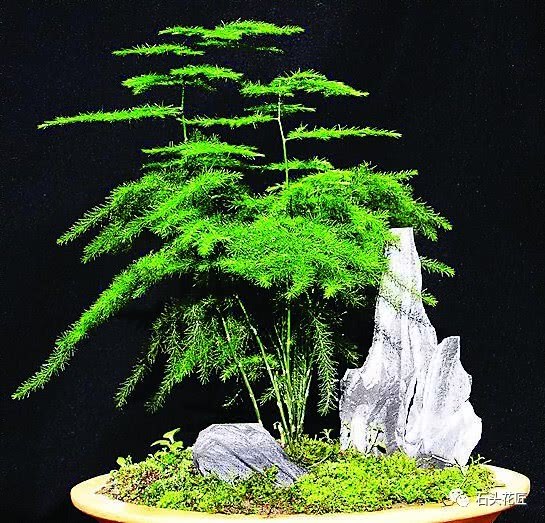Painter and calligrapher Wang Hua: the Dream of Images to find the way to the Master

This is Xu Wei's former residence. When I stepped into the Qingteng Book House, I saw Cuizhu, plantain and pomegranate head on. This is a very quiet courtyard with white walls and gray tiles and Hui-style architecture. And Xu Wei's study is full of full-bodied book flavor.
Painter and calligrapher Wang Hua said, "when I walked into Xu Wei's former home, I looked at the authentic works left by the master. At this moment, I felt that it was a kind of spiritual purification and a kind of deep-seated dialogue in the soul." When you approach the master, it seems to be going back to three hundred years ago. At that time, when I saw the authentic master, I felt that the master was right in front of me, and the ink was still wet.
The reason why Xu Wei became the founder of freehand flower-and-bird painting is that his flower-and-bird painting combines the advantages of various schools, bold change and great creativity. His freehand paintings, whether flowers, flowers and birds, are done at a stroke, with its exquisite strokes, between resemblance and dissimilarity, to create an open aesthetic world for the viewer.
Qingyunpu, Nanchang, Jiangxi Province, is the former residence of the Badashan people, located on a wide lake surrounded by water, with a southern characteristic building in the middle. Taking painting as the center, Badashan people are famous for their large ink freehand brushwork and are good at splashing ink, especially in flower-and-bird painting. In the creation of natural, concise pen and ink, with less than more, creating a high and wide vertical and horizontal style.
Wang Hua, a painter and calligrapher, said: "I was born a dreamer. I dreamed of the eight mountain people several times in my dreams." The works of the Badashan people are very profound to me. When I visited the former residence of the Badashan people in Nanchang this time, when I entered his threshold, I saw the statues of the Badashan people. Standing in front of the statue, I felt very kind, with a sense of deja vu. The Badashan is a stubborn but emotionally rich person whose pen and ink is chic. He seems to have heard the Badashan people say that painting is not based on likeness, but that painting should write in your heart and write about the objects in your heart. It is very enlightening for me to express my thoughts with the pen in my hand and write its charm.
This is the former residence of modern art master Wu Changshuo. It is located in Yiwu Town, Anji County, Huzhou City, Zhejiang Province. It is a courtyard style mansion. In the courtyard, the stream gurgles and the lotus flower shadows. He continued to create and innovate in his creation, expressing profound artistic conception and expressing rich thoughts and feelings with extremely concise and generalized pen and ink.
Painter and calligrapher Wang Hua said: "Wu Changshuo is a master of poetry, calligraphy and painting printing since the late Qing Dynasty." At a seminar held by Wu Changshuo, I listened to his deeds for three days, and then I began to understand his paintings. Through understanding, I felt that there was an extraordinary temperament in Wu Changshuo's paintings. He did not simply paint the shape of objects, but painted a kind of spirit, a kind of temperament. His plum blossom paintings are tough and spicy with a pen.
Painter and calligrapher Wang Hua visited the road of the masters and saw with his own eyes the quintessence of these artistic legacies left by the masters to pursue their spirit and the realm of their artistic creation. When reviewing the master's artistic journey, encourage Mr. Wang Hua to firmly follow his own artistic path.
"return to the master road, thousands of miles of journey noisy, drunk do not want to wake up, happy to travel between the mountains and rivers. He has not resigned his hardships, he does not fear difficulties in visiting saints, and he often hates that his heart is not far away before he has made a plan. " This poem expresses Wang Hua's unique spiritual feelings about the search for Master Road and his respect for his predecessors.
A gentleman pays attention of his own self-culture while cornered by circumstances, and endeavors to benifit the world while in the postion. Mr. Wang Hua is not only an industrious and exploratory artist, but also a kind and benevolent philanthropist. He has taken the lead in donating money and materials several times in the activities of donating to the disaster areas over the years. Over the years, he has actively participated in calligraphy and painting charity and bazaar activities organized by the Federation of the disabled, schools in poor mountain areas, the National Hope Project and the Red Cross, so he has been widely praised by leaders at all levels and widely respected and concerned by the society.
Although Mr. Wang Hua works in the garden of books and paintings, he is fond of reading, studying literature and history, and is good at thinking. Whether he writes essays, poems, lyrics or couplets, it can be said that literature and art are really connected to him. His essays, essays, essays are humorous and sharp. Decades of creative practice has formed a unique style with distinct personality.
Wang Hua, a painter and calligrapher, is a man who has a dream all his life. His study is called "Menghuazhai". In the pursuit and realization of his dream, he deduces the ideal dream of life and the dream of painting.
By visiting the way of the masters, the seekers experienced the spiritual world of the masters, harvested the purification of the soul and the code of life, obtained the ancestors' perception of art and the pursuit of life, and felt that the masters had the courage to innovate in art. the magnificent boldness of seeking reform and breakthrough.
The reason why the excellent culture of the Chinese nation thrives and flourishes is precisely because of the unremitting pursuit and silent cultivation of painters and calligraphers like Wang Hua, which will usher in a cultural spring full of flowers and vitality.
- Prev

The flower fertilizer made by soil method is the only way to grow flowers and flourish.
A few days ago, I shared with flower friends how to use Amoy rice water to water flowers and how to fertilize soybeans. Today, let's share about the production of flower fertilizer. Grow flowers and pay attention to one-third of the fertilizer and seven of the water. The importance of fertilizer is self-evident, only when there is enough.
- Next

Asparagus sprouting depends on feeding a tube a week for 30 days to burst new buds.
Editor please click on the input picture to describe asparagus, also known as gentle bamboo, loved by the majority of flower friends, some people say; a pot of asparagus is a pot of scenery, there is a pot of flowers due artistic conception. Asparagus is suitable for raising in the office, living room,.
Related
- Wuhan Hospital Iron Tree Blooming Result Was Instantly Frightened by the Gardener Master
- Which variety of camellia is the most fragrant and best? Which one do you like best?
- What is the small blue coat, the breeding methods and matters needing attention of the succulent plant
- Dormancy time and maintenance management of succulent plants during dormancy
- Minas succulent how to raise, Minas succulent plant pictures
- What are the varieties of winter succulent plants
- How to raise succulent plants in twelve rolls? let's take a look at some experience of breeding twelve rolls.
- Attention should be paid to water control for succulent plants during dormant period (winter and summer)
- Watering experience of twelve rolls of succulent plants
- Techniques for fertilizing succulent plants. An article will let you know how to fertilize succulent plants.

